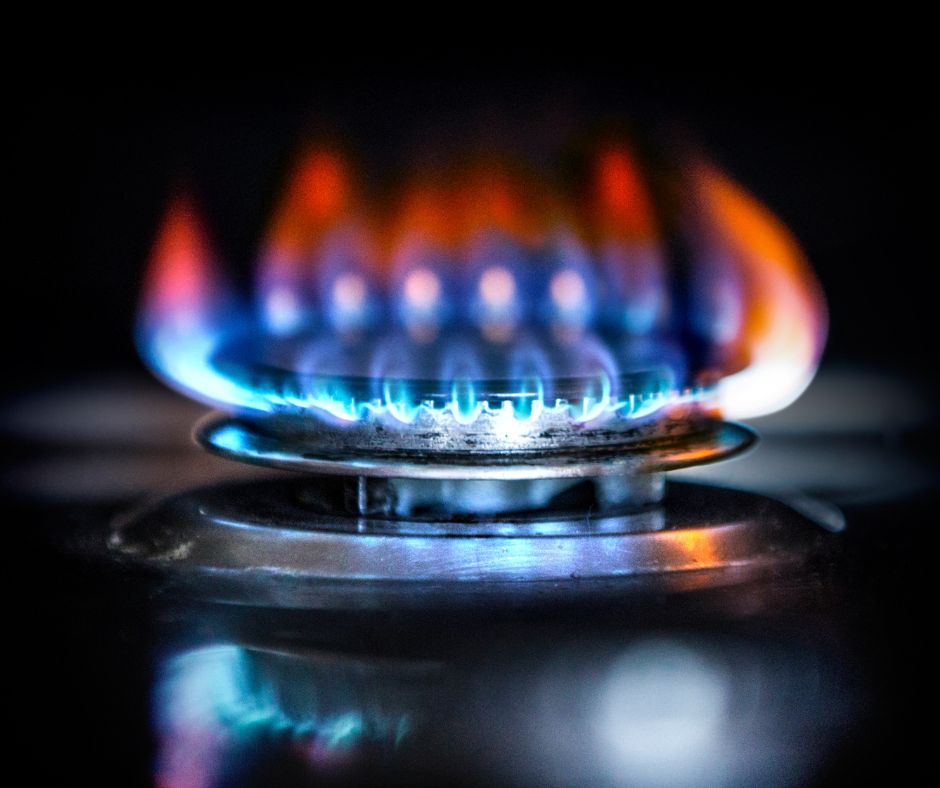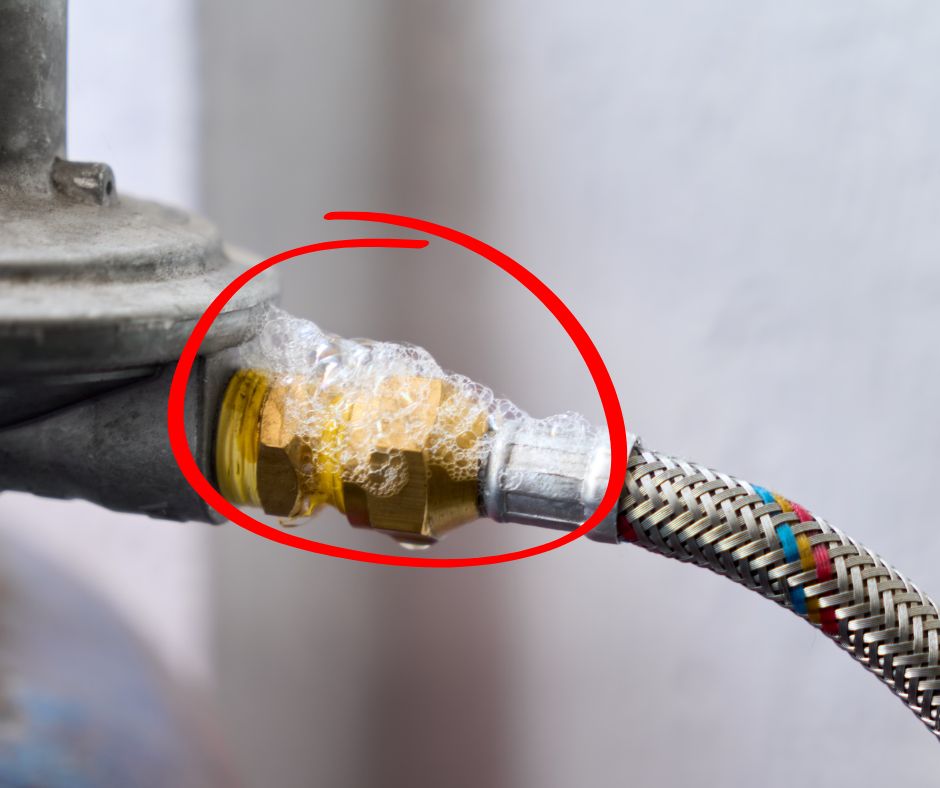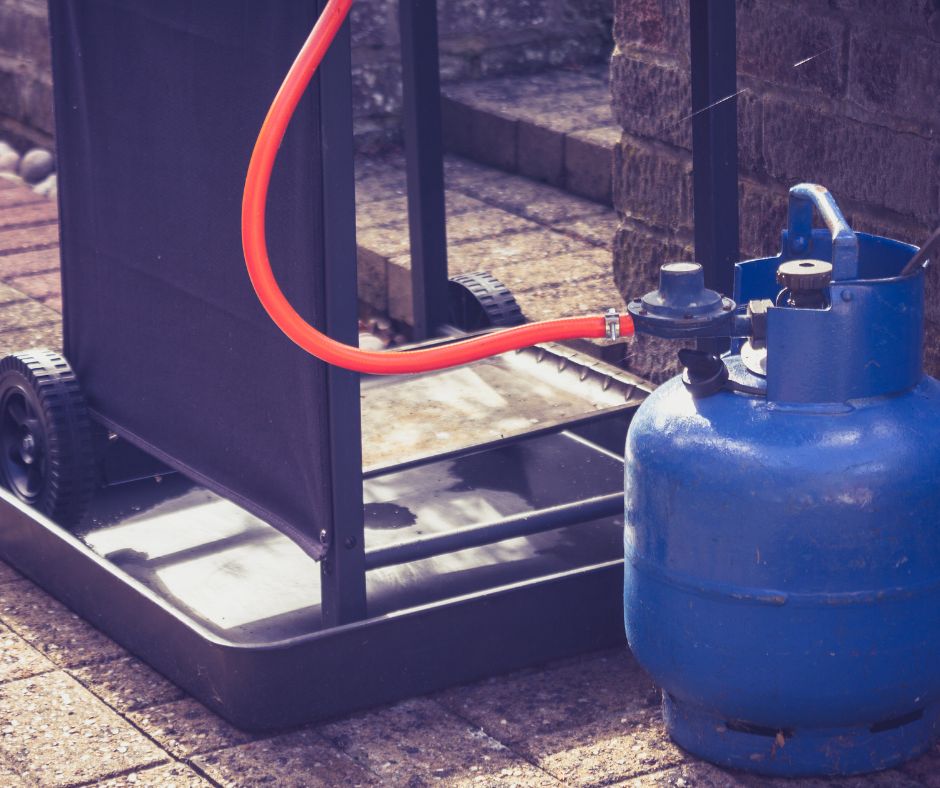Recognising Critical Indicators of a Gas Leak in Your Home for Optimal Safety
It is essential to recognise the common indicators of a gas leak to protect your safety and the safety of your family. If you notice a strong odour reminiscent of rotten eggs, hear hissing or whistling sounds coming from your gas appliances or pipes, observe yellow or orange flames instead of the typical blue, or suffer from frequent, unexplained headaches or dizziness, these could all be significant warning signs of a gas leak. Additionally, pay attention to any wilting plants near outdoor gas lines, as this may indicate a serious issue. Upon noticing any of these concerning signs in your Wollongong residence, it is crucial to turn off your gas supply at the meter, open windows for sufficient ventilation, and urgently contact a certified gasfitter for professional help.

Understanding When to Contact a Gasfitter in Case of Emergencies
Experiencing a gas leak is a significant concern that demands immediate attention; procrastination is not an option. Just a single spark can turn a typical living space into a perilous environment. Gas leaks can originate from various issues, such as faulty connections, ageing appliances, or the deterioration of buried gas pipes. Quick detection and action are paramount to prevent injuries, property damage, or catastrophic outcomes. Homes in Wollongong, especially those with older gas heating systems or inadequate ventilation, face increased risks if their gas systems are not regularly inspected. This extensive guide will provide you with essential insights to identify a gas leak, the steps to take immediately, and when to engage a qualified gasfitter for urgent repairs.
Recognising the Major Indicators of a Gas Leak in Your Household
1. Sensing the Distinctive Odour of Sulphur or Rotten Eggs
While natural gas is inherently odourless, suppliers intentionally add a compound called mercaptan, which produces a strong, sulphur-like smell, to facilitate leak detection. If you suddenly detect a potent odour that resembles rotten eggs, it is crucial to take this warning seriously. This unmistakable aroma serves as an urgent signal that gas may be escaping within your home, necessitating immediate action to ensure the safety of all occupants.
2. Listening for Hissing or Whistling Noises Near Gas Appliances
A significant indicator of a gas leak could be the sound of gas escaping under pressure from a pipe or hose, often producing a soft yet noticeable hissing noise. If you hear such sounds coming from your gas appliances or gas lines, this may indicate a leak. Always remain alert and investigate any unusual noises, as they could pose a serious safety risk that warrants immediate professional evaluation.
3. Observing Unusual Flame Colours in Your Appliances
Gas cooktops and heaters are designed to burn with a clean, bright blue flame. If you notice that the flames are yellow or orange, or if they flicker erratically, this could suggest incomplete combustion, possibly due to gas leaks or blockages within the system. Identifying such discoloured flames is a crucial warning sign that something is not right with your gas appliances, and it requires immediate investigation to prevent further complications.
4. Noticing Unexplained Physical Symptoms Among Family Members
If you or any household members frequently experience headaches, dizziness, nausea, or fatigue while indoors, these physical manifestations could indicate gas exposure or a build-up of carbon monoxide in an enclosed area. These symptoms are serious and must not be ignored. It is vital to recognise these signs and take necessary precautions, as they may signify a dangerous situation that requires immediate intervention from a licensed gasfitter.
5. Observing Wilting Houseplants or Dying Outdoor Vegetation
Gas leaks occurring near outdoor gas lines or under slab connections can lead to the gradual decline of adjacent plants and foliage. This phenomenon occurs because the released gas displaces oxygen in the soil, making it difficult for plants to thrive. If you notice wilting or dying houseplants or outdoor vegetation in close proximity to these areas, it may signal a gas leak that necessitates urgent evaluation by a qualified professional.

Crucial Actions to Take If You Suspect a Gas Leak
1. Immediately Disconnect the Gas Supply
Locate your gas meter and turn the valve clockwise to halt the gas supply to your residence. This valve is typically found on an exterior wall, either at the front or side of the property. Acting swiftly at this juncture is vital for ensuring safety and averting potential hazards.
2. Avoid Using Any Electrical Devices
Do not turn on lights, appliances, or any electrical outlets. Even the slightest spark from an electrical device can ignite leaked gas, leading to potentially catastrophic consequences. Maintain a safe distance from any electrical sources until the situation has been thoroughly assessed and rectified.
3. Open All Windows and Doors for Proper Ventilation
Ensuring adequate airflow is critical for mitigating the risks associated with gas accumulation. Open all windows and doors to facilitate fresh air circulation; cross-breezes are particularly effective at dispersing any accumulated gas. This step is essential for reducing the concentration of gas in the atmosphere, making it safer for everyone in the vicinity.
4. Avoid Attempting Repairs Yourself
Only licensed gasfitters are legally permitted to repair or reconnect gas systems in NSW. Any attempt to tamper with the system can introduce additional risks and may invalidate your insurance policies. It is imperative to entrust repairs to qualified professionals who possess the necessary expertise and training to ensure safety.
5. Contact a Licensed Gasfitter Immediately
If you suspect a gas leak, promptly reach out to a licensed gasfitter for emergency response services in Wollongong and the surrounding suburbs. Contact CS Plumbing’s licensed gas services or our 24/7 emergency plumbing team for immediate and professional assistance.
Comprehending Compliance with NSW Gas Safety Regulations for Your Home
In New South Wales, all gasfitting work must conform to the Gas and Electricity (Consumer Safety) Act 2017, which ensures that the highest safety standards are upheld. All gas work must be performed by a licensed gasfitter to comply with these paramount regulations and guarantee the safety of your household.
After any regulated work is completed, it is advisable to request a Certificate of Compliance to confirm that all safety standards have been adhered to. As a homeowner in Wollongong, you hold the legal responsibility for ensuring that your gas appliances and installations are serviced and repaired only by licensed professionals.
Proactive Strategies to Prevent Future Gas Leaks in Your Home
- Schedule annual gas safety inspections, especially before the winter heating season, to ensure that all systems are functioning optimally.
- Replace old flexible gas hoses and bayonet fittings that show signs of cracking or brittleness to avert leaks from occurring.
- Ensure vents and exhausts are free from obstructions to guarantee proper airflow and prevent dangerous gas build-up.
- Regularly check for corrosion on outdoor connections, particularly after heavy rainfall or exposure to coastal conditions.
- Utilise only branded, certified gas appliances to ensure maximum safety, efficiency, and compliance with established safety standards.

The Article: Detect and Respond to a Gas Leak in Your Wollongong Home first appeared on https://writebuff.com
The Article Gas Leak Detection and Response for Your Wollongong Home Was Found On https://limitsofstrategy.com
The Article Gas Leak Detection for Effective Response in Your Wollongong Home found first on https://electroquench.com

